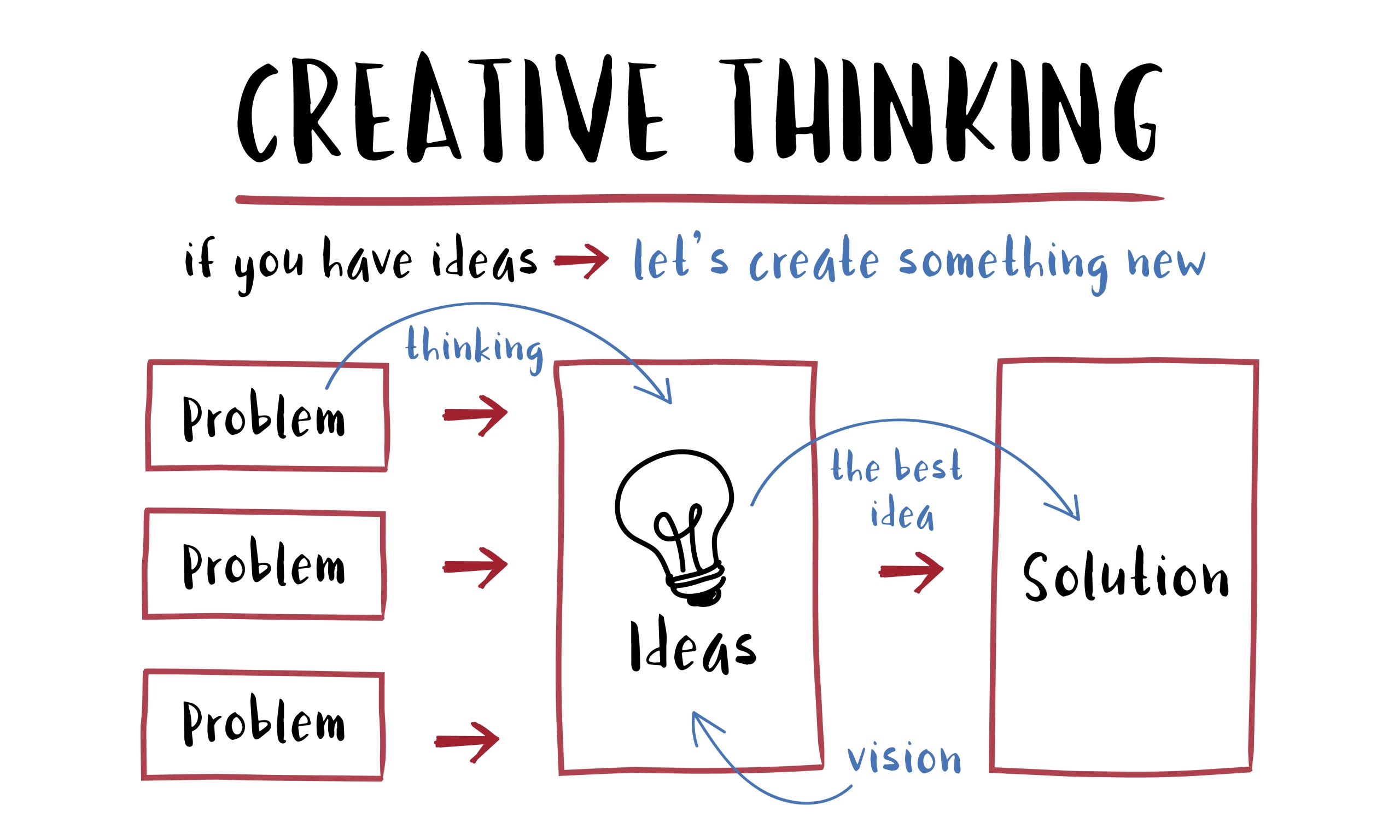Thinking Skills (When Writing an Assignment or Handling an Essay or Homework)
Writing assignments and handling essays or homework requires more than just the ability to put words on paper. It requires a range of thinking skills that enable students to approach their work with critical analysis, creativity, problem-solving abilities, research proficiency, and effective time management. Developing these thinking skills is crucial for producing high-quality assignments and achieving academic success. In this article, we will explore the importance of thinking skills and provide examples of how they can be applied in various aspects of academic writing.
Table of Contents
1. Introduction
What are thinking skills?
Thinking skills refer to the cognitive abilities that allow individuals to process information, analyze situations, generate ideas, solve problems, and make informed decisions. These skills are not innate but can be developed and honed through practice and conscious effort.
Importance of thinking skills in writing assignments and handling essays or homework
Writing assignments and handling essays or homework require more than just knowledge of the subject matter. They demand the application of critical, analytical, and creative thinking skills to effectively convey ideas, support arguments, and present information in a coherent and logical manner. Developing these thinking skills not only enhances the quality of the work but also contributes to overall cognitive development and academic growth.
2. Critical thinking skills
Definition and importance
Critical thinking skills involve the ability to objectively analyze information, evaluate arguments, identify logical fallacies, and draw reasonable conclusions. These skills enable students to think critically and make evidence-based judgments.
Examples of critical thinking skills in writing assignments
- Evaluating sources: When writing an assignment, critical thinking skills are necessary to assess the credibility and reliability of sources. Students need to distinguish between reputable academic sources and less reliable or biased information.
- Analyzing arguments: Critical thinking skills allow students to critically evaluate arguments, identify logical inconsistencies, and make well-supported counterarguments.
- Formulating a thesis statement: Developing a strong thesis statement requires critical thinking to analyze the topic, identify key points, and present a clear and focused argument.
3. Analytical thinking skills
Definition and importance
Analytical thinking skills involve breaking down complex information into its constituent parts, examining relationships, identifying patterns, and drawing conclusions based on evidence and logic. These skills enable students to approach their assignments with a structured and systematic mindset.
Examples of analytical thinking skills in handling essays or homework
- Identifying key concepts: Analytical thinking skills help students identify the main ideas and concepts in a given essay or homework question. This allows them to structure their response effectively and provide relevant supporting evidence.
- Comparing and contrasting: Analytical thinking enables students to critically compare and contrast different perspectives, theories, or interpretations of a given topic, leading to a more comprehensive and nuanced analysis.
- Drawing logical connections: Analytical thinking helps students identify cause-and-effect relationships, logical connections, and implications of their arguments, enhancing the overall coherence and logical flow of their writing.

4. Creative thinking skills
Definition and importance
Creative thinking skills involve generating innovative ideas, approaching problems from different angles, and thinking outside the box. These skills foster originality, flexibility, and the ability to develop unique insights.
Examples of creative thinking skills in writing assignments and handling essays or homework
- Brainstorming ideas: Creative thinking skills allow students to brainstorm multiple ideas and perspectives before settling on the most suitable approach for their assignment.
- Developing engaging introductions: Creative thinking can be employed to craft attention-grabbing introductions that captivate the reader’s interest and set the tone for the rest of the assignment.
- Using metaphors and analogies: Creative thinking enables students to employ metaphors and analogies to convey complex concepts or ideas in a more accessible and engaging manner.
5. Problem-solving skills
Definition and importance
Problem-solving skills involve the ability to identify and define problems, develop strategies to solve them, and implement effective solutions. These skills are crucial for overcoming challenges and obstacles that may arise during the writing process.
Examples of problem-solving skills in writing assignments and handling essays or homework
- Overcoming writer’s block: Problem-solving skills help students find strategies to overcome writer’s block, such as freewriting, outlining, or seeking inspiration from external sources.
- Addressing conflicting viewpoints: Problem-solving skills enable students to handle conflicting viewpoints or arguments within their writing by critically analyzing each perspective and finding common ground or making well-reasoned choices.
- Resolving structural issues: Problem-solving skills help students identify and address structural issues in their writing, such as lack of clarity, coherence, or logical progression.
6. Research skills
Definition and importance
Research skills involve the ability to locate, evaluate, and effectively use relevant information from various sources. These skills are essential for gathering accurate and credible data to support arguments and enhance the overall quality of the writing.
Examples of research skills in writing assignments and handling essays or homework
- Conducting literature reviews: Research skills enable students to conduct comprehensive literature reviews to gather relevant scholarly articles, books, or other sources for their assignments.
- Evaluating sources: Research skills are essential for critically evaluating the credibility, reliability, and relevance of different sources before integrating them into the writing.
- Proper citation and referencing: Research skills include knowledge of proper citation styles and techniques to accurately cite and reference sources, avoiding plagiarism and ensure academic integrity.
7. Time management skills
Definition and importance
Time management skills involve the ability to plan, prioritize, and allocate time effectively to complete assignments or homework within the given deadlines. These skills help students avoid procrastination, reduce stress, and optimize productivity.
Examples of time management skills in writing assignments and handling essays or homework
- Setting deadlines and milestones: Time management skills allow students to set realistic deadlines and break down assignments into manageable milestones, facilitating a structured and organized approach to the writing process.
- Creating schedules and routines: Time management involves creating schedules or routines that allocate specific time slots for different tasks, such as research, outlining, drafting, and revising.
- Avoiding distractions: Time management skills enable students to identify and minimize distractions, such as social media, excessive internet browsing, or unrelated activities, allowing them to focus on the assignment at hand.
8. Conclusion
Developing thinking skills is essential for effectively writing assignments and handling essays or homework. Critical thinking skills enhance the ability to evaluate arguments and sources, while analytical thinking skills help break down complex information and draw logical conclusions. Creative thinking skills foster originality and innovation, while problem-solving skills enable students to overcome challenges and find effective solutions. Research skills ensure the use of accurate and credible information, and time management skills optimize productivity and meet deadlines. By honing these thinking skills, students can produce high-quality work and excel academically.
FAQs
1. How can I improve my critical thinking skills when writing assignments?
- To improve critical thinking skills, focus on evaluating arguments, questioning assumptions, and seeking evidence to support your claims. Engage in critical reading, analyze different perspectives, and practice making well-supported arguments.
2. What are some techniques for enhancing creative thinking in writing assignments?
- To enhance creative thinking, try brainstorming ideas, exploring different perspectives, and experimenting with different writing styles. Use metaphors, analogies, or visual representations to convey complex concepts in a unique and engaging manner.
3. How can research skills contribute to the quality of my assignments?
- Research skills enable you to gather accurate and relevant information to support your arguments, enhance the credibility of your work, and provide a solid foundation for your ideas. Properly citing and referencing sources also demonstrates academic integrity.
4. What strategies can I use to manage my time effectively when working on assignments?
- Effective time management involves setting realistic deadlines, breaking tasks into smaller manageable parts, and creating schedules or routines. Avoiding distractions, prioritizing tasks, and using productivity techniques like the Pomodoro Technique can also help manage time more efficiently.
5. How do problem-solving skills contribute to the writing process?
- Problem-solving skills help you overcome challenges that may arise during the writing process, such as writer’s block or conflicting viewpoints. They enable you to identify and address structural issues, find creative solutions, and make well-reasoned choices to improve the overall quality of your writing.


Pingback: Top 10 Dissertation Topics | MBA Dissertation Topics